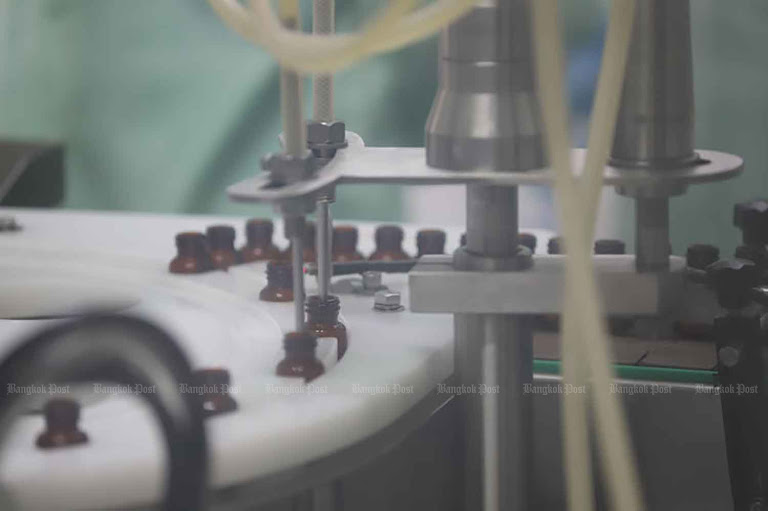Thailand Opens First Living Drug Factory: Cheaper Cancer Treatments Now Available
The new facility will produce life-saving cancer treatments at a lower cost, funded by a billion-baht investment.

Mahidol University is embarking on an ambitious project to establish Thailand’s first “living drug” factory—a groundbreaking initiative poised to revolutionize cancer treatment and solidify the nation’s position as a regional healthcare leader. This innovative facility, the MU-Bio Plant, will leverage cutting-edge cell and gene therapy to produce advanced therapy medicinal products (ATMPs), offering potentially life-saving treatments at a significantly lower cost than currently available imported options.
Funding for this transformative endeavor comes from the newly launched Mahidol University Foundation Fund for Sustainability. Somsak Leeswadtrakul, President of Mahidol University Alumni Relations and a board member of the Mahidol University Foundation, announced an ambitious fundraising goal of at least one billion baht (approximately US$30 million) for the MU-Bio Plant’s development. This funding will be crucial for renovating and repurposing the university’s existing drug production facility, representing an investment of over one billion baht over the past decade. Assoc. Prof. Yodchanan Wongsawat, MU Vice President for Research, confirmed the additional one billion baht requirement for its transformation into a state-of-the-art living drug facility.
The MU-Bio Plant represents a significant advancement in Thailand’s pharmaceutical landscape. Unlike traditional drug manufacturing, which relies on chemical synthesis, living drug factories utilize living cells as miniature factories to produce complex therapeutic molecules. This innovative approach enables the creation of highly specialized treatments like ATMPs, offering immense promise in combating diseases such as cancer. The benefits extend beyond individual patients, impacting the national healthcare system by reducing reliance on expensive imported medications and alleviating the financial burden on the country, especially considering cancer’s prevalence among leading causes of death from non-communicable diseases in Thailand.
This initiative aligns perfectly with Mahidol University’s mission of driving medical innovation and expanding access to advanced healthcare. Vichita Ractham, MU Vice President for Corporate Communication and Branding, emphasized the university’s commitment to supporting researchers and healthcare professionals in developing and implementing groundbreaking disease prevention and treatment strategies. She highlighted the MU-Bio Plant’s crucial role in advancing Thailand’s ambition to become a prominent health and well-being hub in the region.
The implications of this project are far-reaching. By making advanced therapies more accessible and affordable, the MU-Bio Plant has the potential to significantly improve patient outcomes and transform the landscape of cancer treatment in Thailand and beyond. This initiative also positions Thailand at the forefront of pharmaceutical innovation, fostering research and development in a rapidly evolving field. The success of this ambitious undertaking could serve as a model for other countries seeking to enhance their healthcare capabilities and address the growing need for innovative and cost-effective treatments for complex diseases. The development of the MU-Bio Plant marks a pivotal moment in Thailand’s healthcare journey and represents a beacon of hope for patients battling life-threatening illnesses.









